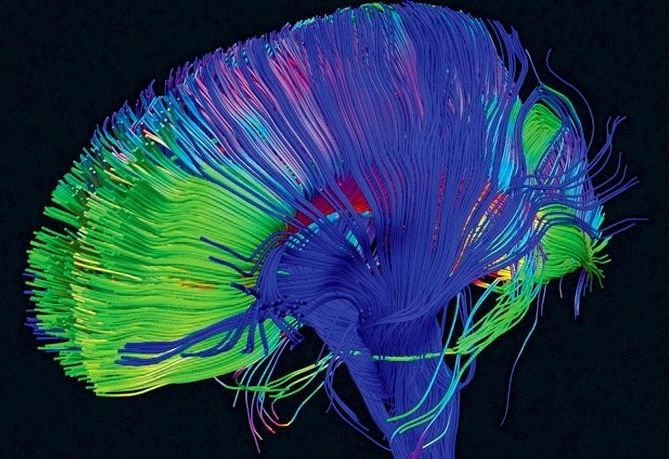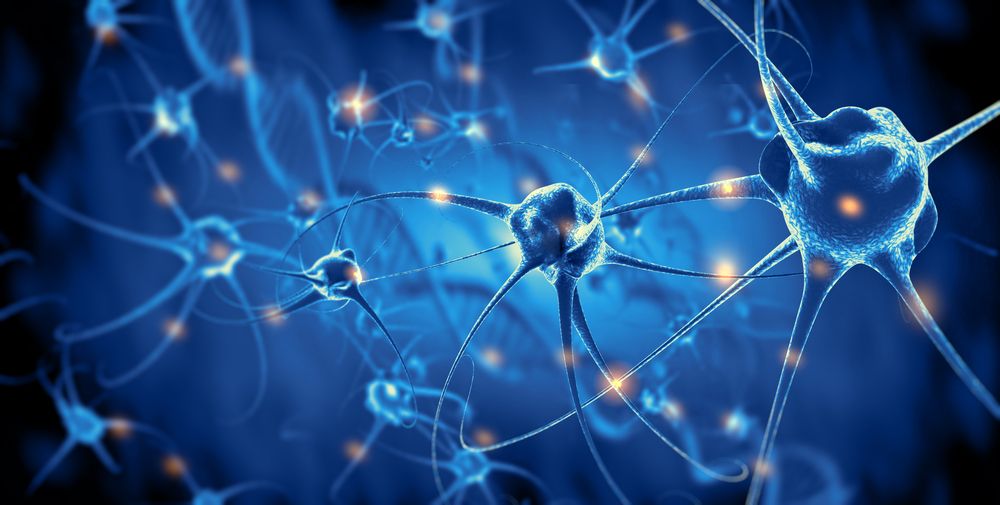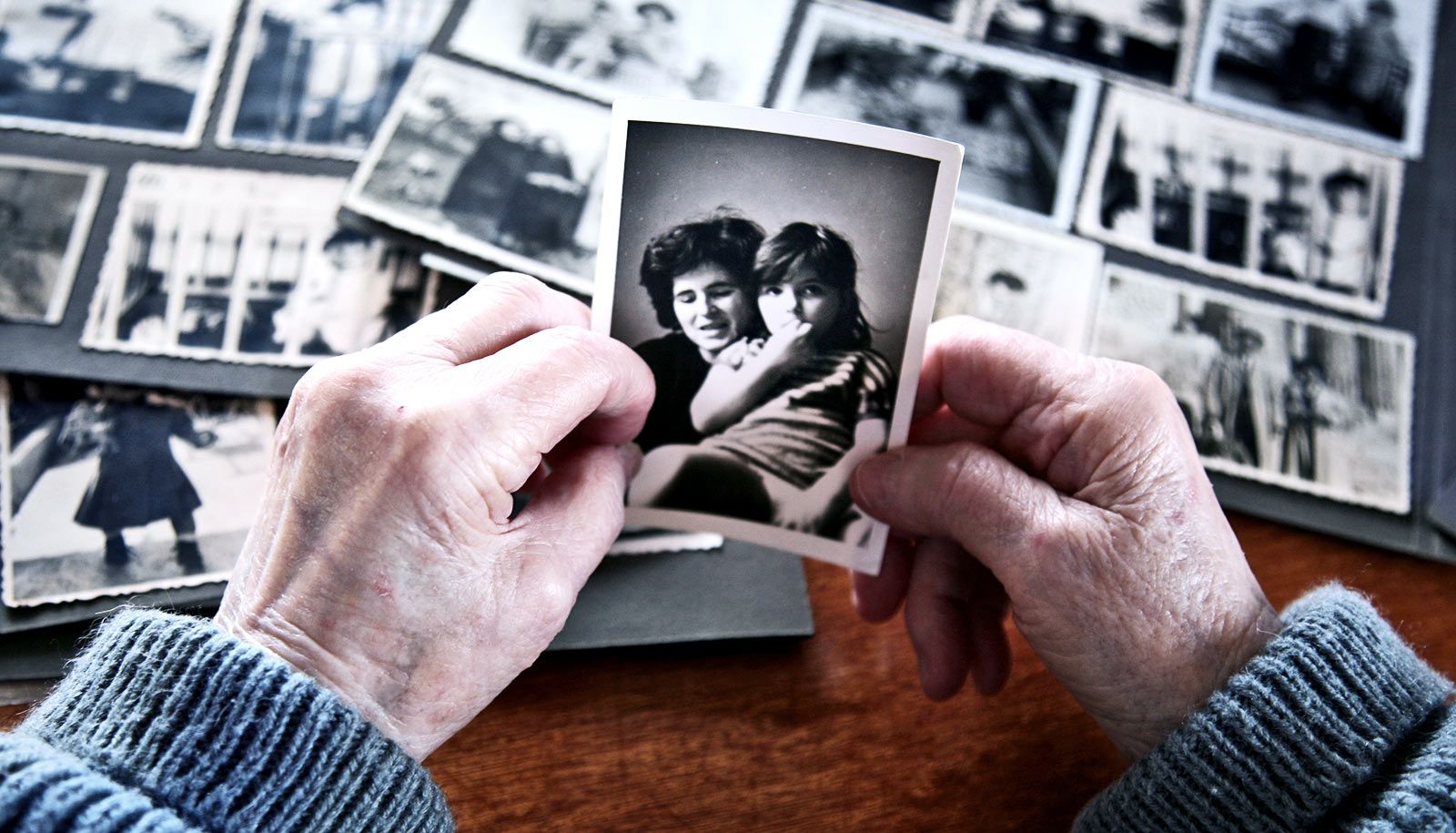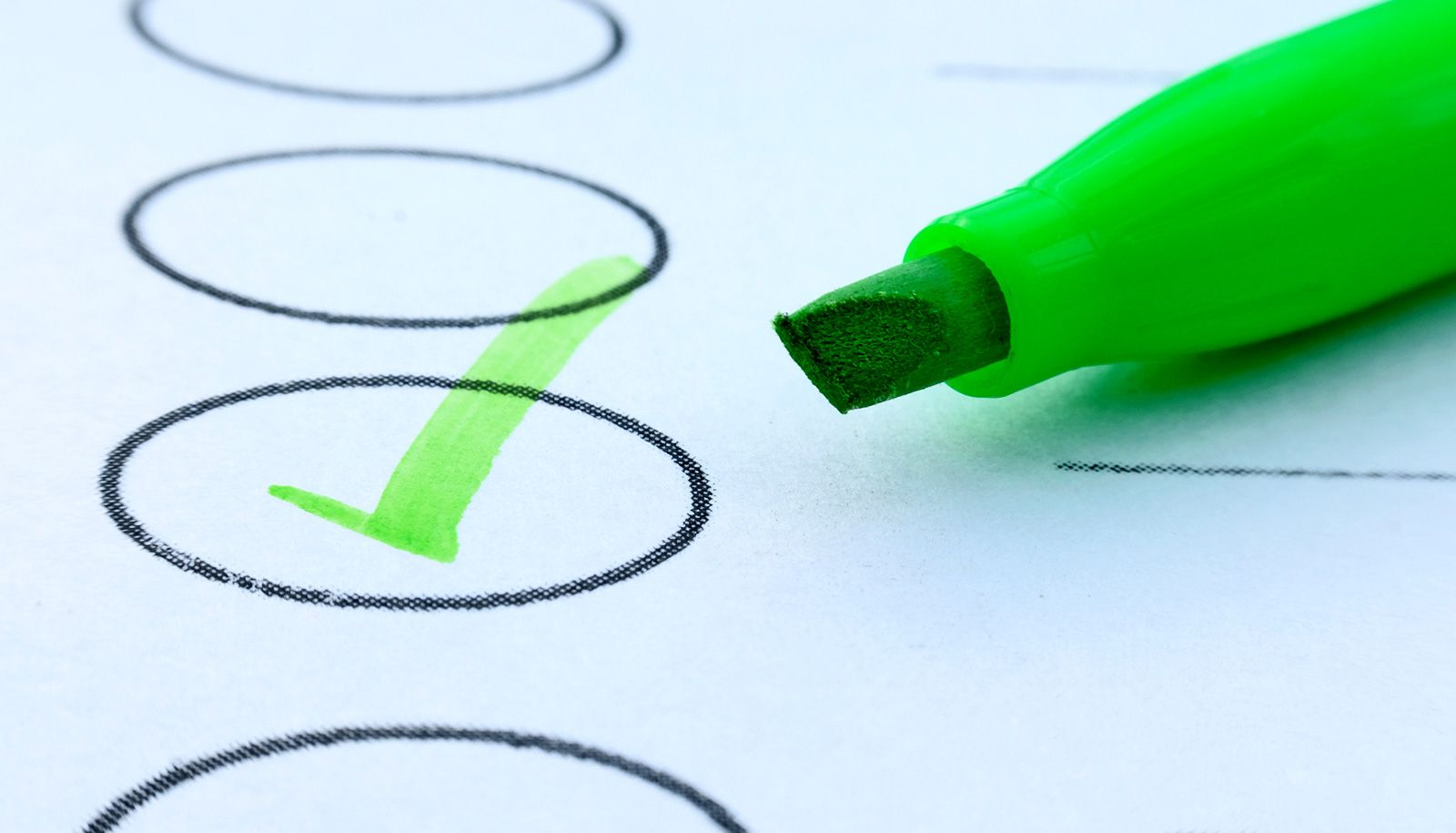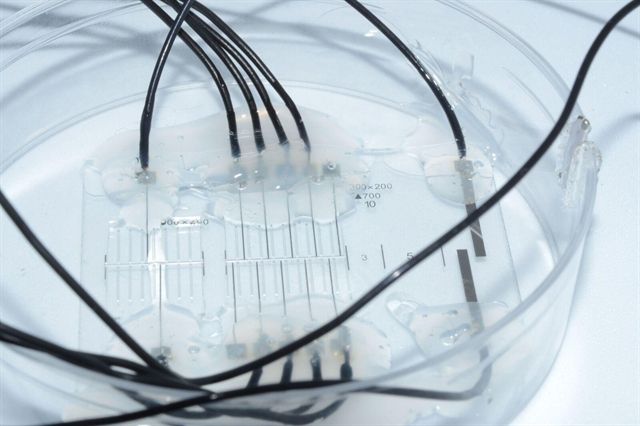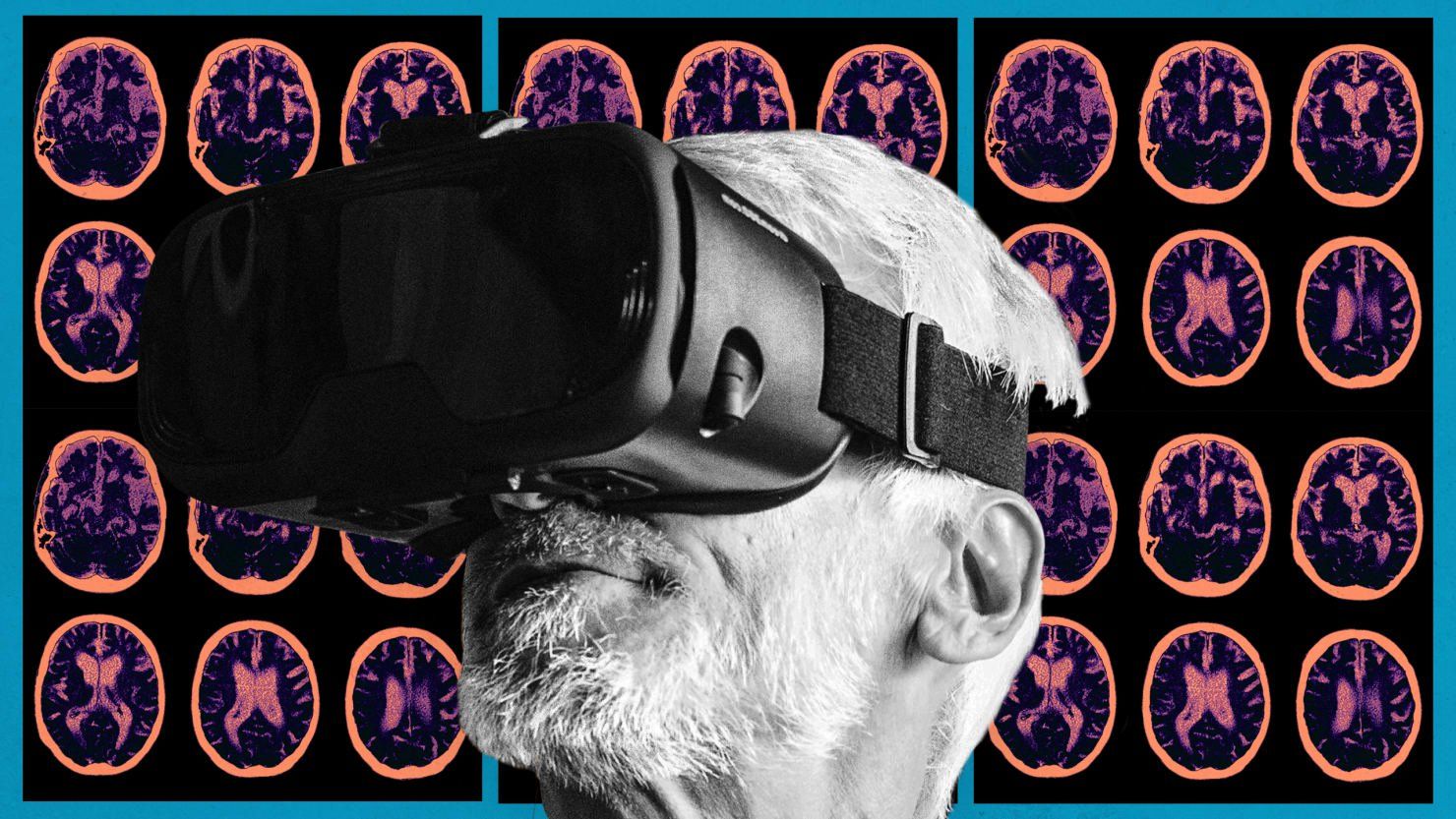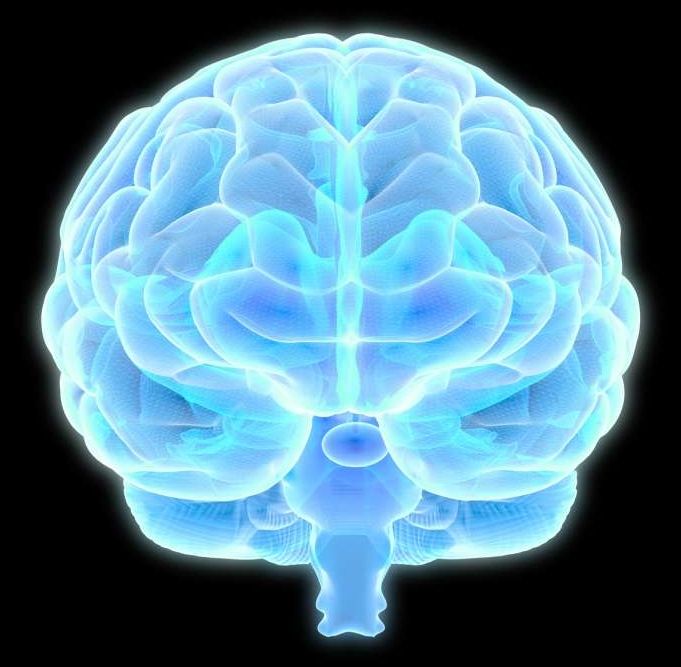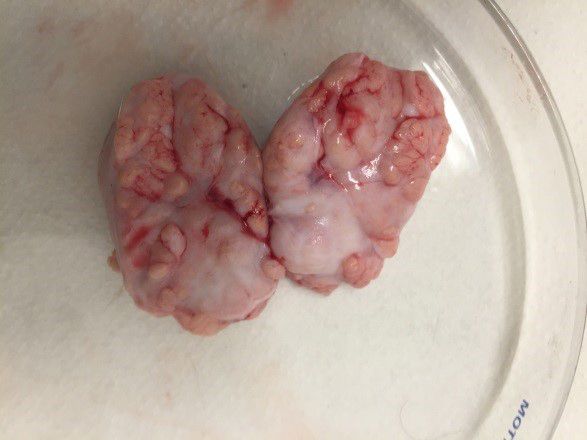Nov 6, 2018
LSD changes communication patterns between regions of the brain, a new study shows
Posted by Genevieve Klien in categories: health, neuroscience
LSD changes the communication patterns between regions of the brain, a new study by researchers of the University of Zurich and Yale University shows. The study also provides insights into how mental health disorders develop and how these could be treated.
The researchers used brain imaging technology to examine the effects of LSD on the brains of healthy study participants. The data suggests that LSD triggers a reduction in the communication between the brain regions that are responsible for planning and decision making. At the same time, LSD increases the connectivity in brain networks associated with sensory functions and movement.
